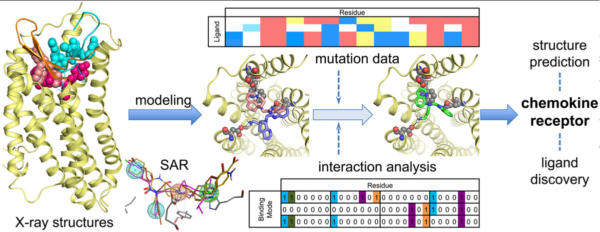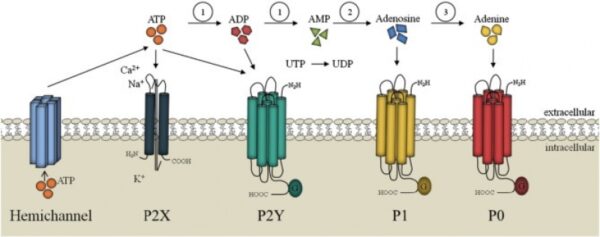PPI Helix Turn 3D-Mimetics Library or simply PPI Helix Library is a diverse set of small molecule structures that resemble the helix-turn-helix motif often found in protein-protein interactions (PPIs). The library is designed to specifically target and modulate PPIs, which are critical in various biological processes such as cell signaling, immune response, and disease progression. The PPI Helix Turn 3D-Mimetics Library is a promising tool in drug discovery due to its potential as a versatile therapeutic agent for various diseases, including cancer, autoimmune disorders, and viral infections.
Design and Synthesis of PPI Helix Turn 3D-Mimetics Library:
The PPI Helix Turn 3D-Mimetics Library is designed based on the structural components of alpha-helix-turn-alpha-helix patterns and employs peptidomimetics that mimic the hydrogen bonding and steric properties of the native helix structures. The library can encompass diverse scaffold types, including macrocycles, β-peptides, and non-natural scaffolds, with various modifications employed to enhance the binding affinity, selectivity, stability, and pharmacokinetic properties. The library is synthesized using a combination of solid-phase and solution-phase techniques, which can further be modified to increase the diversity of the library and obtain better lead compounds.
Screening and Selection of PPI Helix Turn 3D-Mimetics Library:
The screening of PPI Helix Turn 3D-Mimetics Library is instrumental in understanding their interaction with target proteins and selecting lead compounds for further characterization. Numerous screening techniques are available that can evaluate the binding affinity, selectivity, and molecular mechanism of the library compounds. These techniques include fluorescence polarization, surface plasmon resonance, X-ray crystallography, high-throughput screening, and biophysical assays. The selection of lead compounds employing advanced computational methods, such as molecular docking and molecular dynamics simulations, can predict the protein-ligand interactions.
Application of PPI Helix Turn 3D-Mimetics Library:
PPI Helix Turn 3D-Mimetics Library has a diverse range of applications in various therapeutic areas. The library’s unique structural features enable it to target diverse PPIs and modulate critical biological pathways, making it suitable for various disease states. The library can be employed against diseases such as cancer, viral infections, and autoimmune disorders, where PPIs are critical factors in disease progression. Due to the structural diversity of the library, it can provide a range of options for targeting PPIs of challenging proteins, leading to the discovery of new therapeutic treatments.
Conclusion:
In summary, PPI Helix Turn 3D-Mimetics Library is a promising tool for drug discovery that can selectively target protein-protein interactions and modulate them to treat various diseases. It includes diverse scaffold types and employs advanced screening techniques for the identification and selection of lead compounds. The PPI Helix Turn 3D-Mimetics Library offers enormous potential for developing novel and effective therapeutic agents for diseases that have limited treatment options. Continued research in this field and advancement of computational biology, structural biology, and medicinal chemistry is crucial to overcome challenges and attain successful clinical translation.




